There are few things I want to do less than give this tribute to my father. The unflinching approach to reality he imparted had left me noticing his aging, and I was preparing to adapt, over time…. But my father never gave someone a challenge he thought them incapable of meeting.
All the wonderful things being shared about my father obviously come as no surprise to me, and I had so hoped to spend the next few years, hearing those things with him, but knowing how uncomfortable it would have made him to hear so much praise, as his own ability to act diminished, I have to appreciate that, as hard as this is on the rest of us, it was an ending with which he would have been satisfied.
I had hoped to spend the next years supporting him, as he always has supported me- my father has been at anything I asked him to be at, and volunteered for things I didn’t intend to subject him to… And The outpouring of remembrances from my friends, has reminded me, of how important it was to him, to know the people important to me. I was touched by the photos my parents saved, not only of me, but of Niki, Jeremy, Erica, Jason, Abe, and so many others. Many of my students and colleagues had stories, as they’ve driven out to Cal Poly Pomona for multiple events, marched with my students for a sustainable future, and for the rights of immigrants, and were happy to attend CPP sponsored Dodger games. Despite his years of public speaking at high-stakes events, family members have reminded me of how the event for which he showed some concern for his performance, was when called upon to officiate my wedding. He saw that a high stakes event. I think Navid would have stayed even with a minor error…. And the depth of his loss, is a testament to my father’s ability to welcome people into his family- completely. When you’re in, you’re in… That’s the for better or worse. And with my father, it was almost all better.
My father didn’t know how to be unproductive, and he will have posthumous work published (not a hint to his co-authors, or a comment on the reviewers- #2 I’m looking at you…), but the idea of slowing down, of doing less, of relaxing, was not at all appealing to him. Nor had it ever been.
Even now as he prepared to “retire” for the fourth time(?), he was finally finding the time to research our family history, finding a master’s thesis on one relative, connecting with ethnomusicologists while researching a family melody… he was organizing photos and records, and of course, gardening.
I’m not sure I ever remember my father reading a novel, though the books he gave me to read, were always meaningful. A Tree Grows in Brooklyn, The Yearling, Black Boy…. Ya know light childhood reading. He never binged anything on Netflix. But he wasn’t quite as out of touch with popular culture as we used to joke. I remember him telling me these films will change how movies are made, when he took me to 2001, and Star Wars.
To vacation with my father was not per se relaxing, but it was always educational. Weren’t there museums to see, history to be learned, culture to be appreciated? I can’t imagine a trip to a beach resort without a sustainability tour. And I have been to an embarrassing number of train museums. From the family albums, apparently my mother married him despite the train museums.
My father had a quintessentially east coast Jewish sense of humor. Political, ironic, dark, but never mean. He had a good chuckle when he learned the Jewish space laser conspiracy centered on high-speed rail, and we certainly have exchanged our share of dark political humor over the years. But he also would go long game on humor, in a way I don’t think most knew…. When my brother was roughly 8- around 1982 (fine I checked the year online), he saw the old chalice comedy skit redone by HBO as a short, and thought it was hysterical, so in typical 8-year-old fashion (and I have an eight-year-old with my brother’s smile), he made a few too many jokes about the chalice, begging my father to re-enact the skit for him. My father, good-naturedly threatened to do that as the toast at my brother’s wedding, if he didn’t stop…. Over the years, once in a while he would bring that up… Fast forward to 2004- Steve and Shirley’s wedding. My father gets up to give a toast, and he opens with the exact same, largely innocuous lines of the skit…. The look on my brother’s face was priceless. Of course, my father proceeded with a lovely toast, And I know only four people there got the joke… but it was epic.
My father did love baseball. Growing up in New York in the 40s and 50s, he and his Uncle Harold’s favorite escape was in the rooting for the underdog Brooklyn Dodgers. And many of you who may have attended games could have mistaken him for teetotal, as he almost never enjoyed a beer at a game. Why? Because once, during a restroom break- he missed a triple play. Fortunately, he stayed in his seat in 1988 for Gibson’s home run, and As a Brooklyn Dodger fan, he saw most of the greats play live, including Jackie Robinson. He also took me to some pretty amazing baseball games, and thanks to his busy travel schedule, I was frequently the lucky recipient of tickets, even when he couldn’t attend. My first Dodger Game went into extra innings, and the Dodgers won on a hit by Steve Garvey. Since we never leave early, we were at the game where the Dodgers hit four home runs in the ninth, though we also suffered through a game where they blew a 13 run lead…. I was at Orel Herscheiser’s first start as a Dodger at Shea with the somewhat traitorous but still beloved Uncle Harold who had defected to Mets fandom…. We’ve seen more than one win by pitchers like Valenzuela, and Kershaw… And I got 18 innings of world series baseball- in one game. No, I did not leave early. And I rode my bike.
Despite his impressive personal achievements, he told me, more than once, that the real influence he had and what he was most proud of, -were the people he had the privilege of working with, educating and developing. He told me, “Not very many people read academic papers, but the influence we have, is in not only the scholars we train, but the many students who don’t become scholars, but go into the world, carrying what we teach them, the messages, values, ideas, and ways of thinking that we impart.” He saw himself fundamentally as an educator, and that approach, allowed him to remain true to himself, his ideals, and his values. Because what he valued most -were people. And being an educator wasn’t a one-way street. He valued what students brought and he integrated it into his thinking and as a result he never stopped growing- challenging his own thinking. That this was the real value of being an educator, the opportunity to expand people’s minds, and in turn, have your own expanded. Recently I had the wonderful privilege of two of my own former students returning to guest lecture for our annual professor for a day campus event. I had them speak about research, about data. And they blew me away. They had this deeply compassionate, humane view of policy, of research, of data. I was shocked at how much of my father’s voice was in their words. When they ended with, and this is what you taught us Dr. Wachs…. It wanted to tell them it wasn’t really me. I was just passing on what I had lived.
One of my friends jokes that when you bring sociology (and my father was undecided between sociology and civil planning) to other disciplines, everyone thinks your brilliant, but one is just asking for people-centered, critically evaluated, long-term planning. And that was effectively the mantra of my life. My father imparted that fundamentally research is about people, and people’s lives. My father lived his life never forgetting that every equation, every budgetary decision, every funding priority, wasn’t a number on the page, it was people’s lives. And those lives were precious, valuable, worthy things. For my father, every person mattered and should be treated with dignity and respect.
And seeing the many wonderful students he taught, and the people they have become, and who my brother is, and who we chose to marry (Shirley and Navid), and who Leia and Ziya are, he will never be gone, and the world is better because he was in it.
I think the many tributes and accolades that continue to pour in would have overwhelmed my father. He was a practical person at his core. But that’s not his legacy. The legacy he leaves is a cadre of people committed to social justice and equity, and human-centered policy. And I am confident that the scholars, practitioners, and activists, he mentored can and will achieve this. And that will be his legacy.
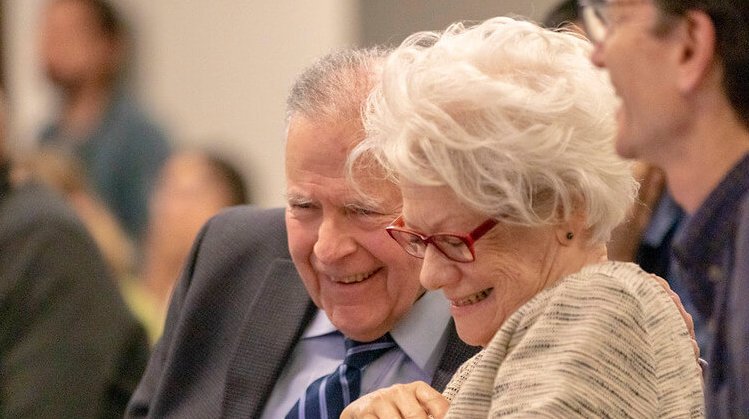

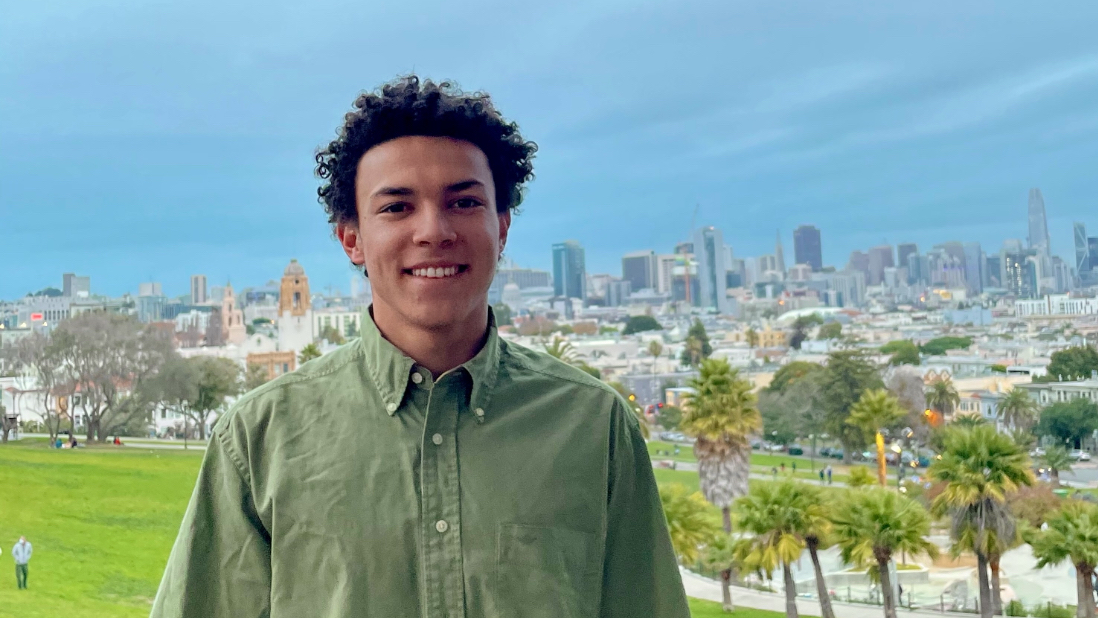



















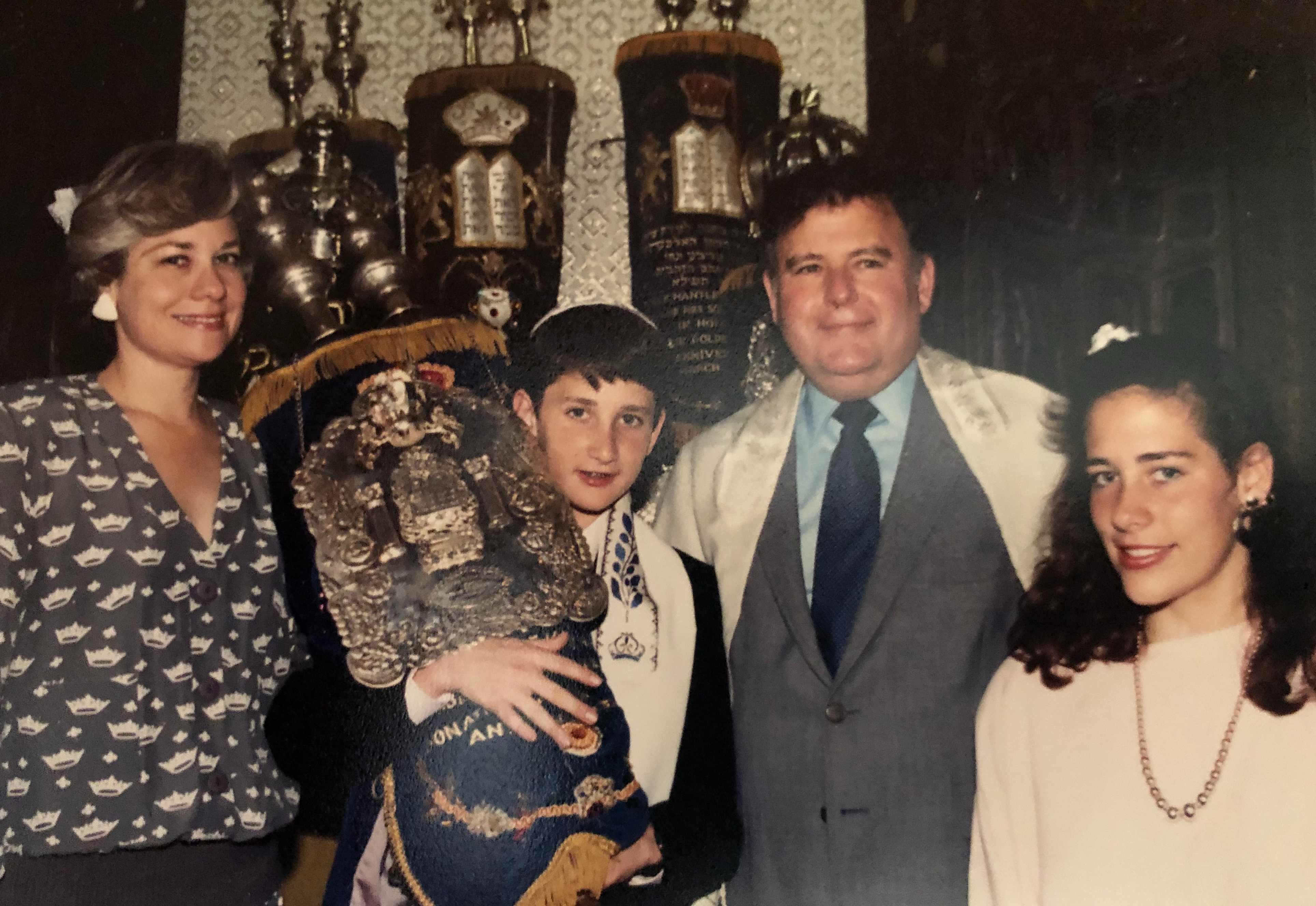





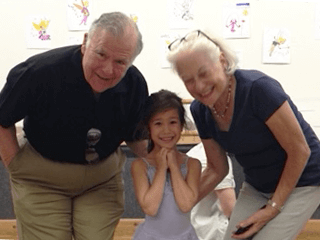
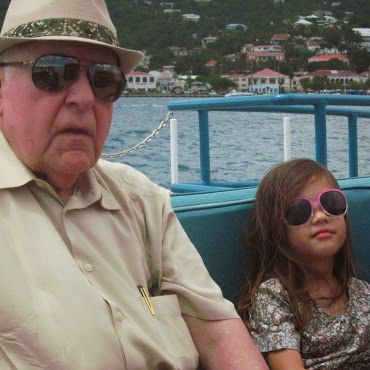
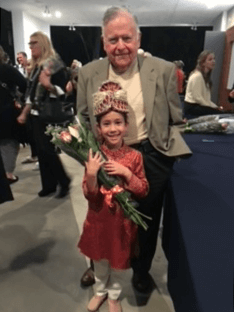
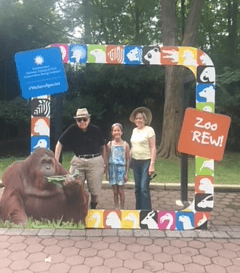

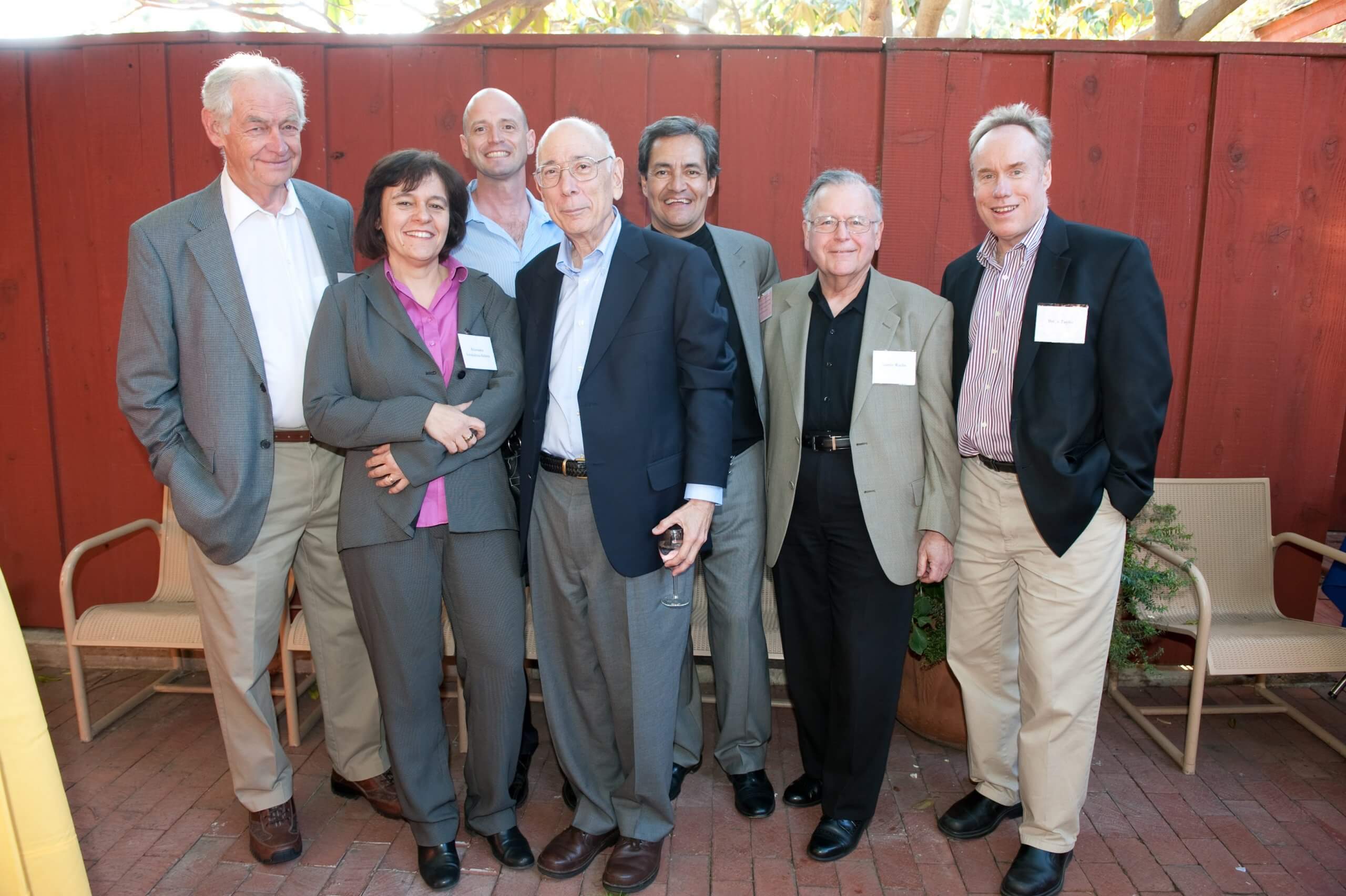
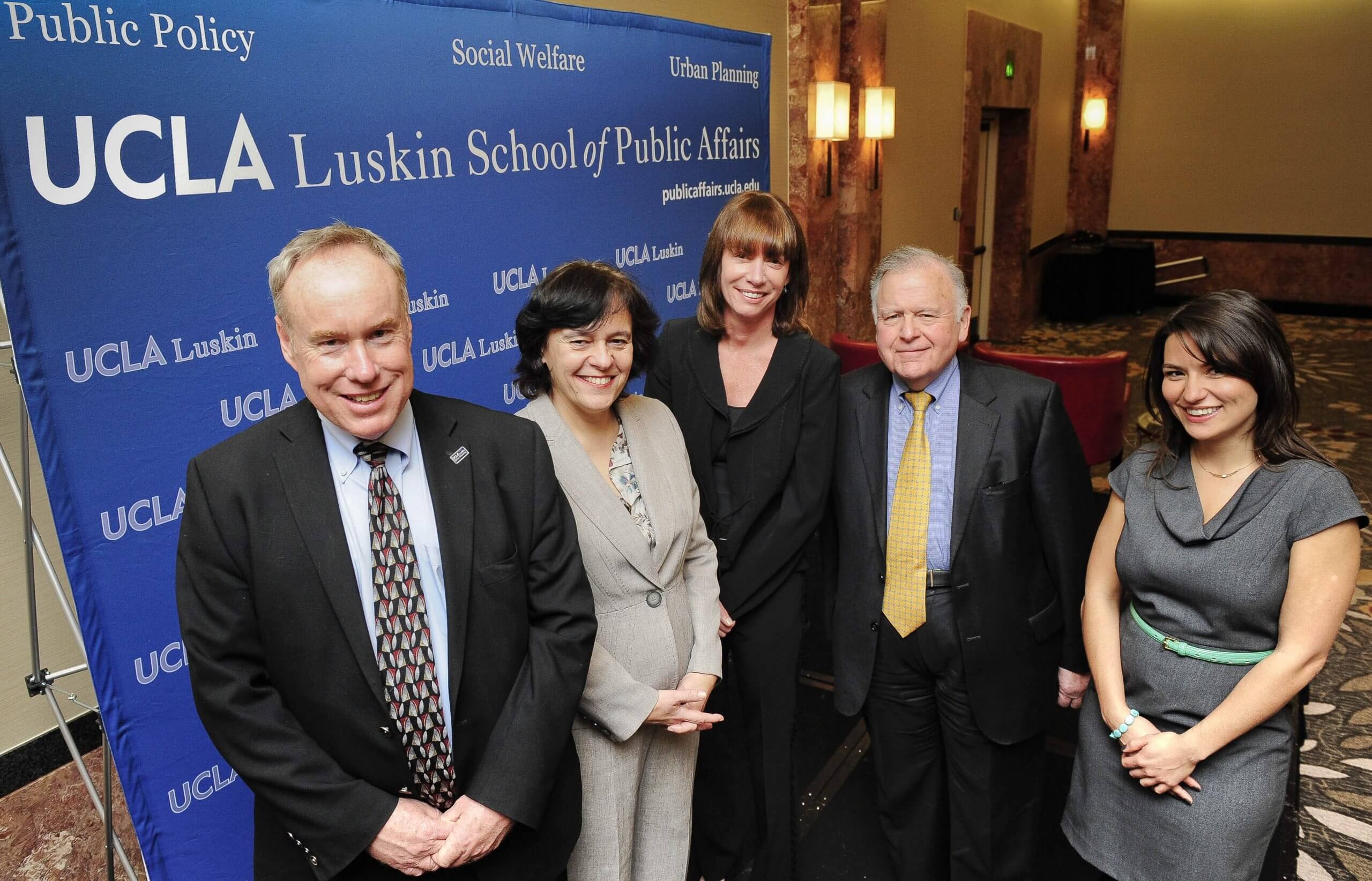

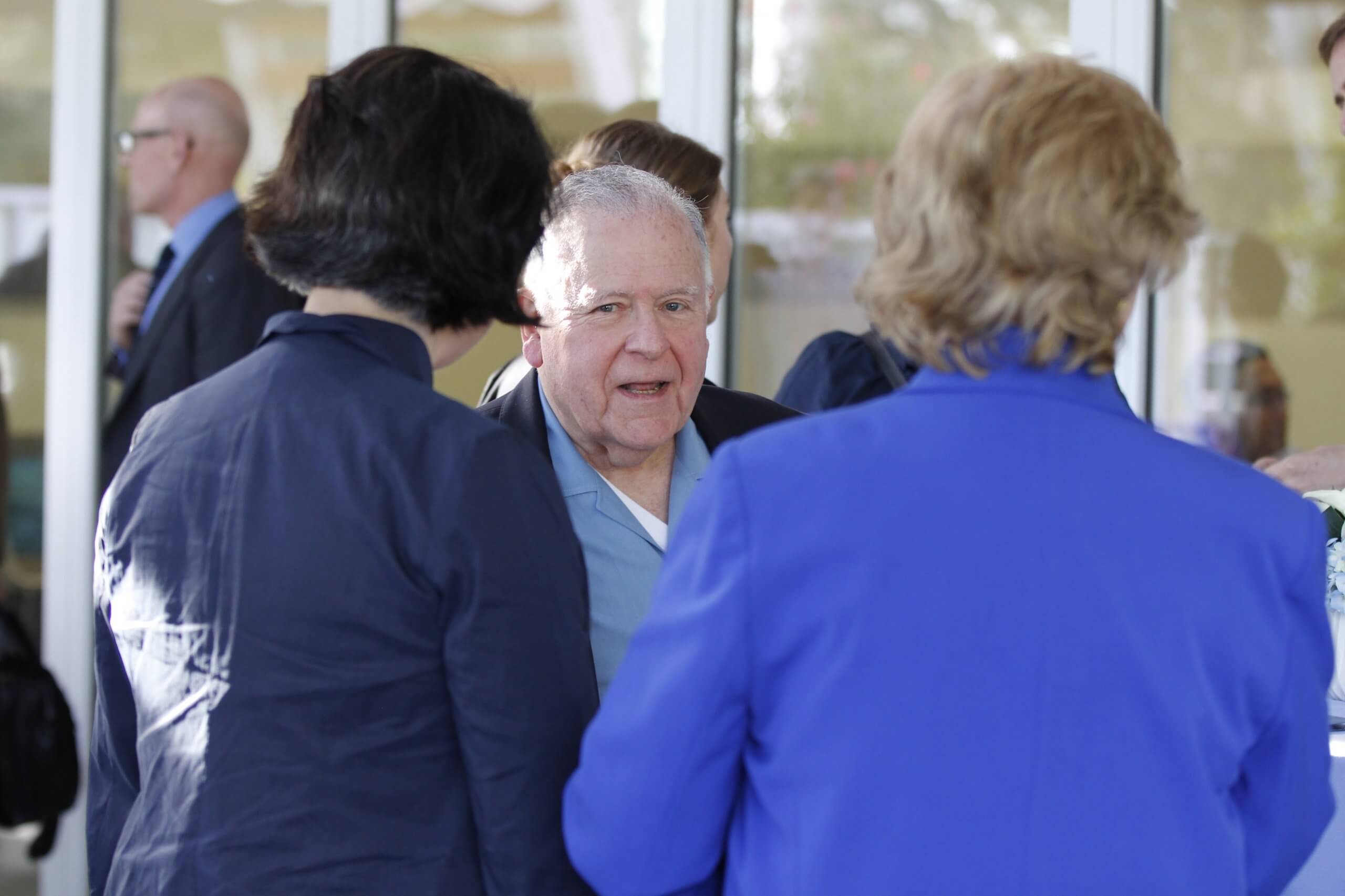
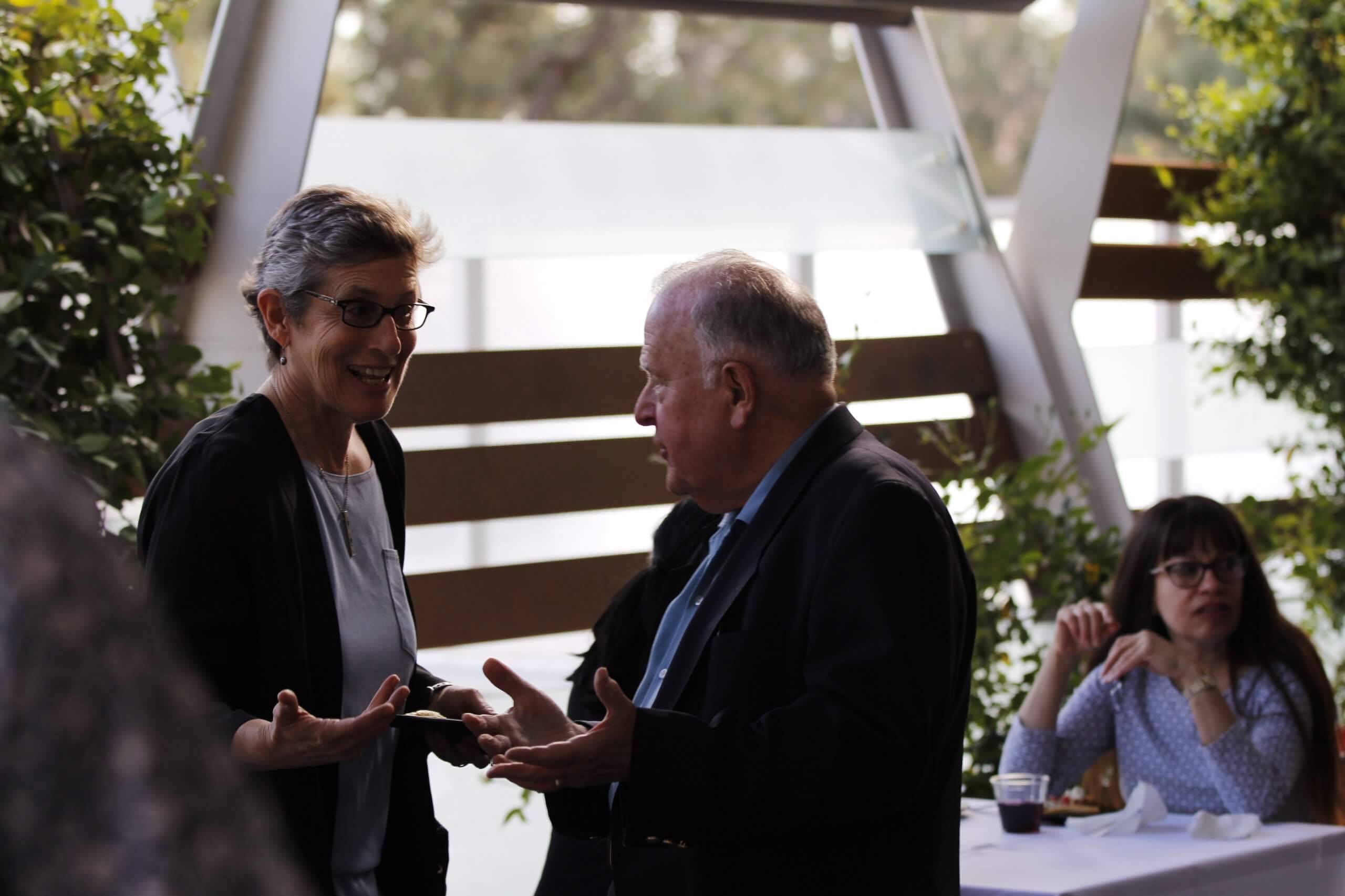
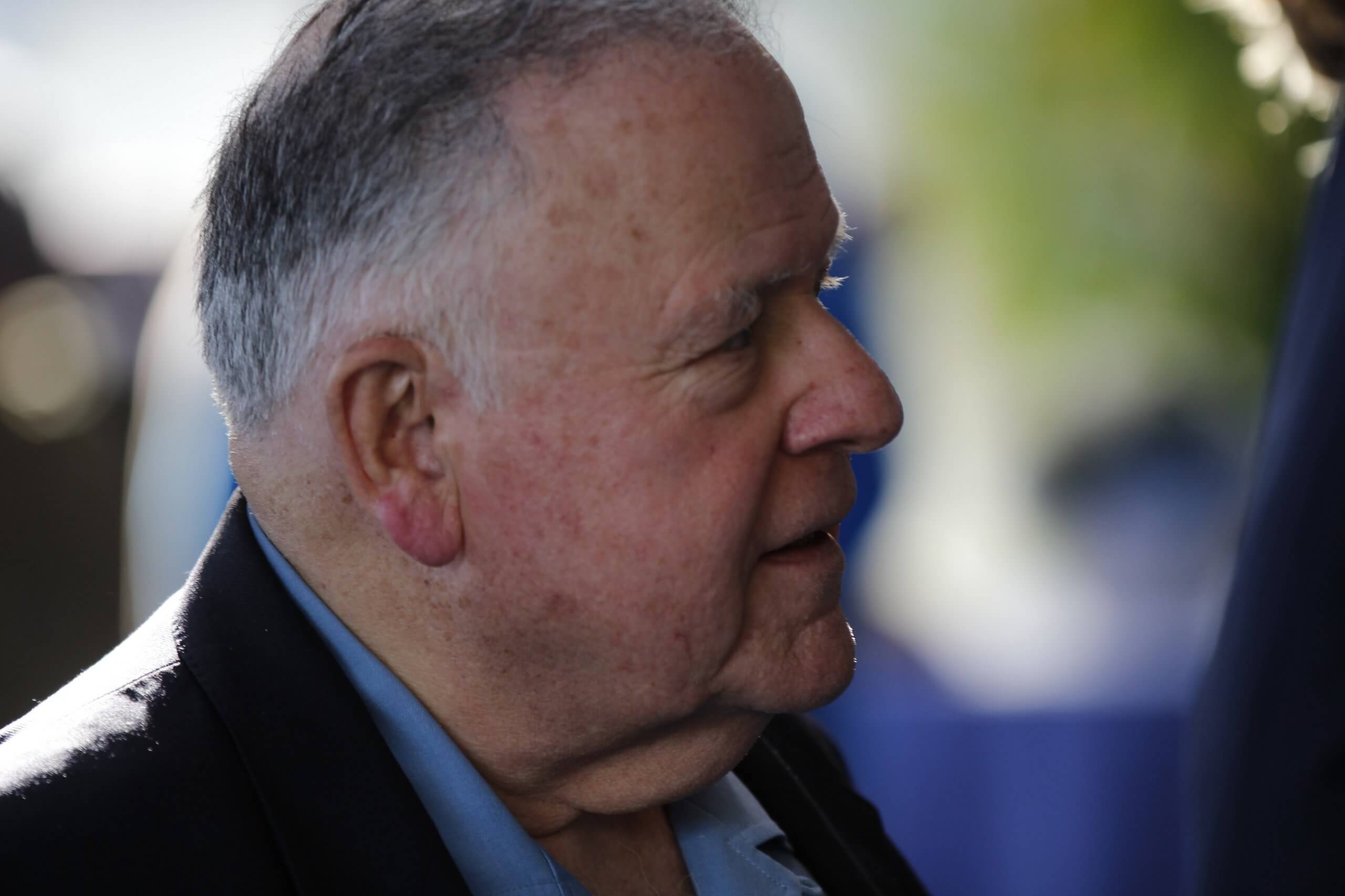
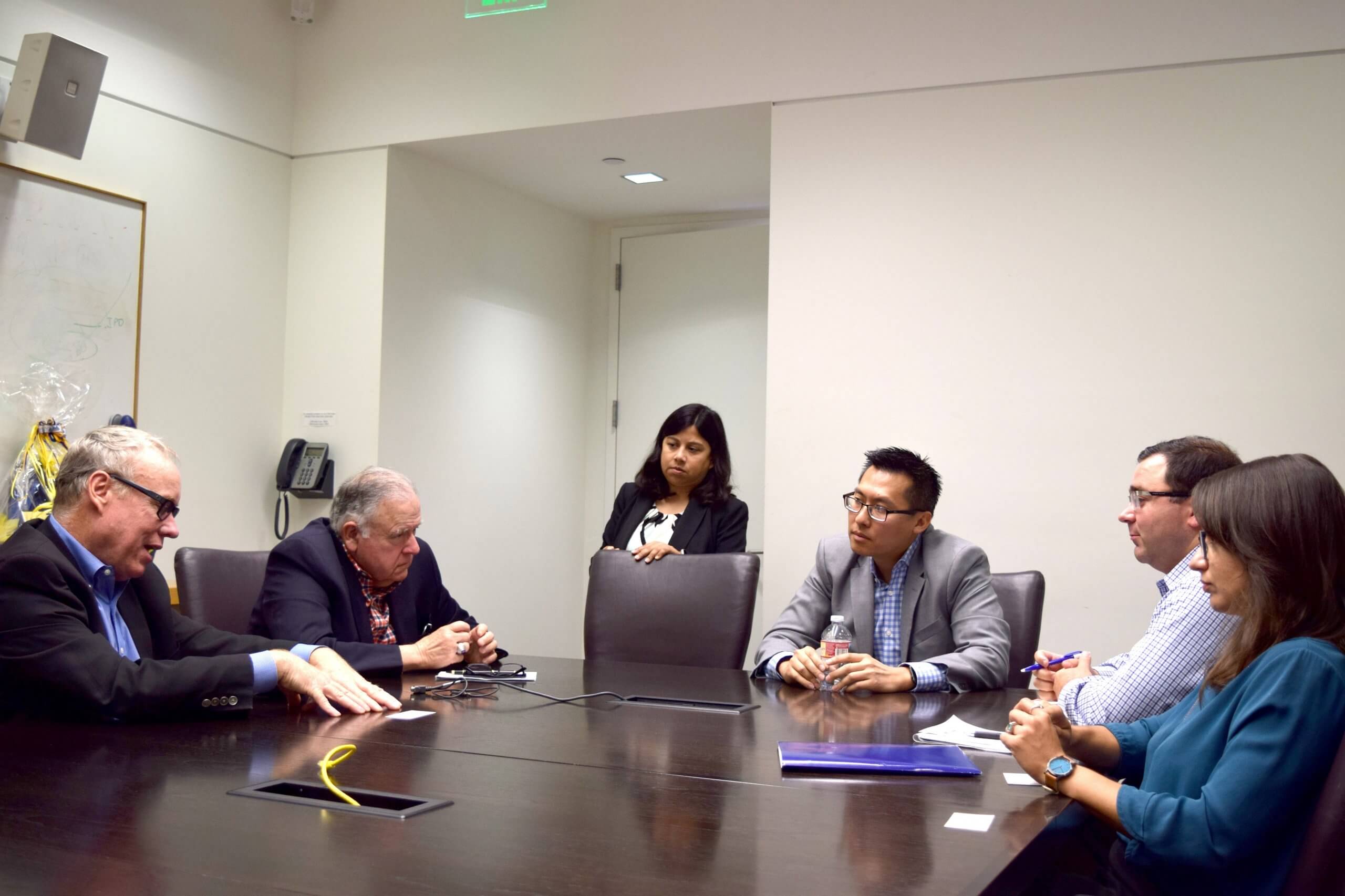
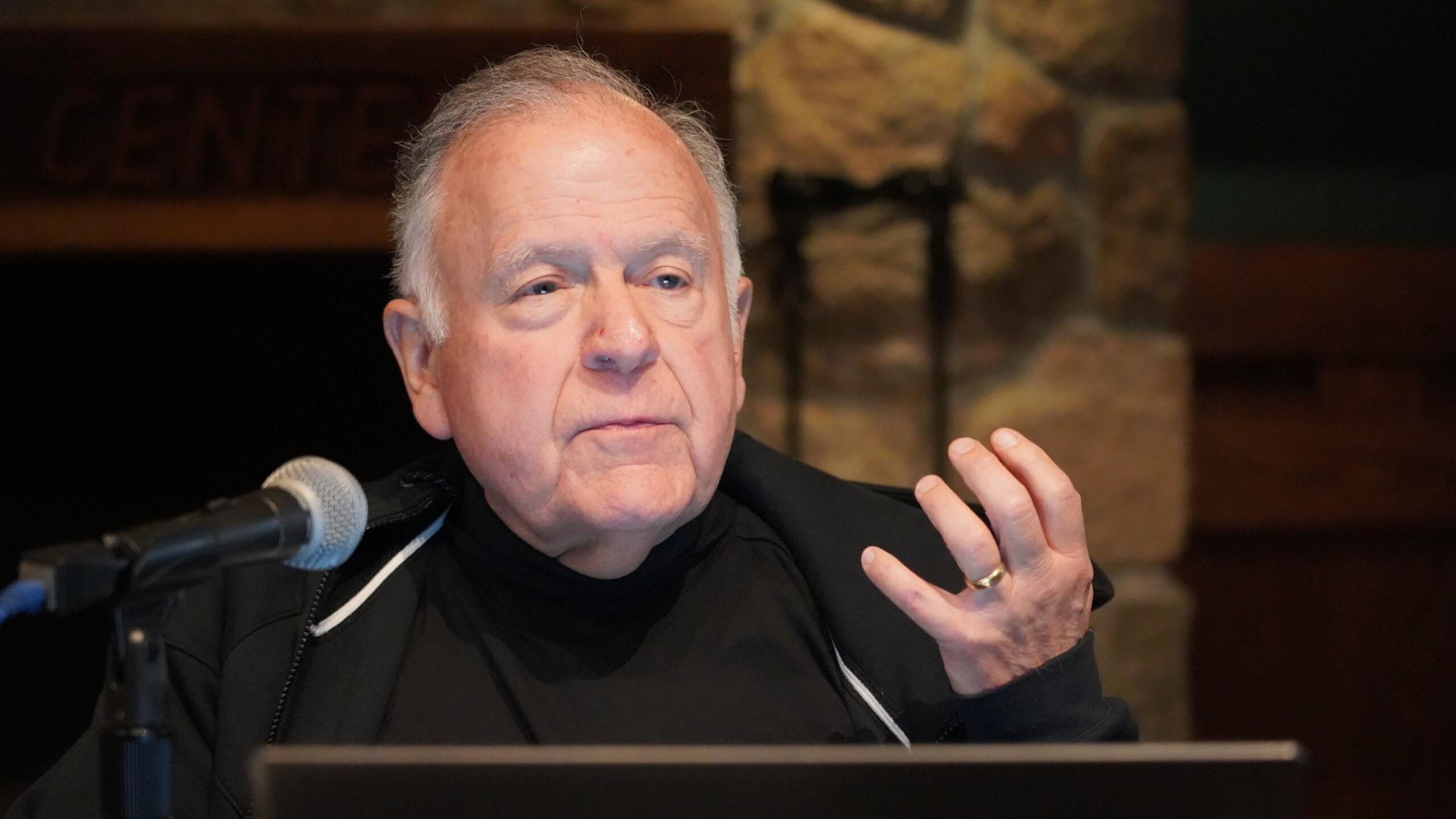
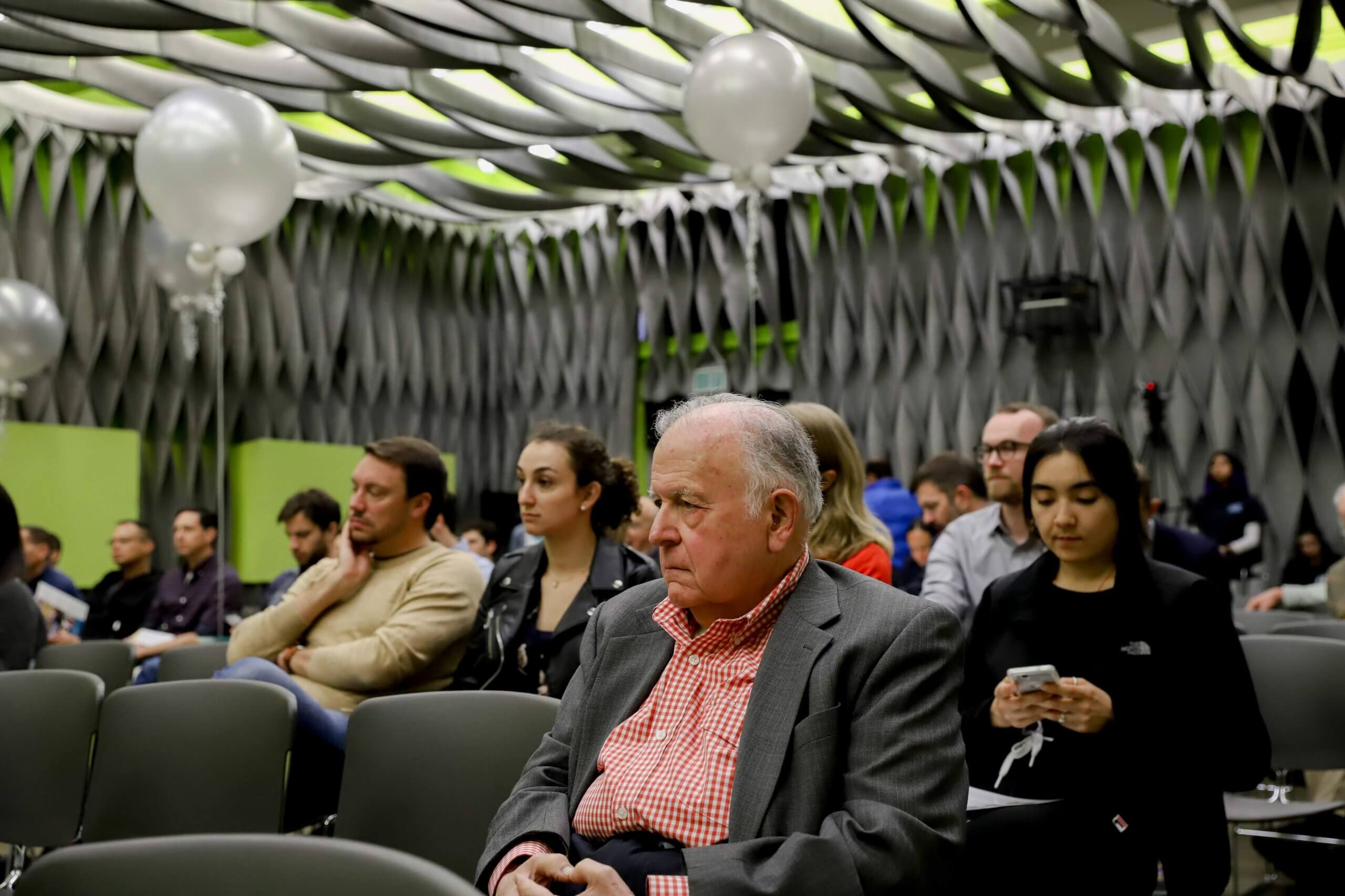
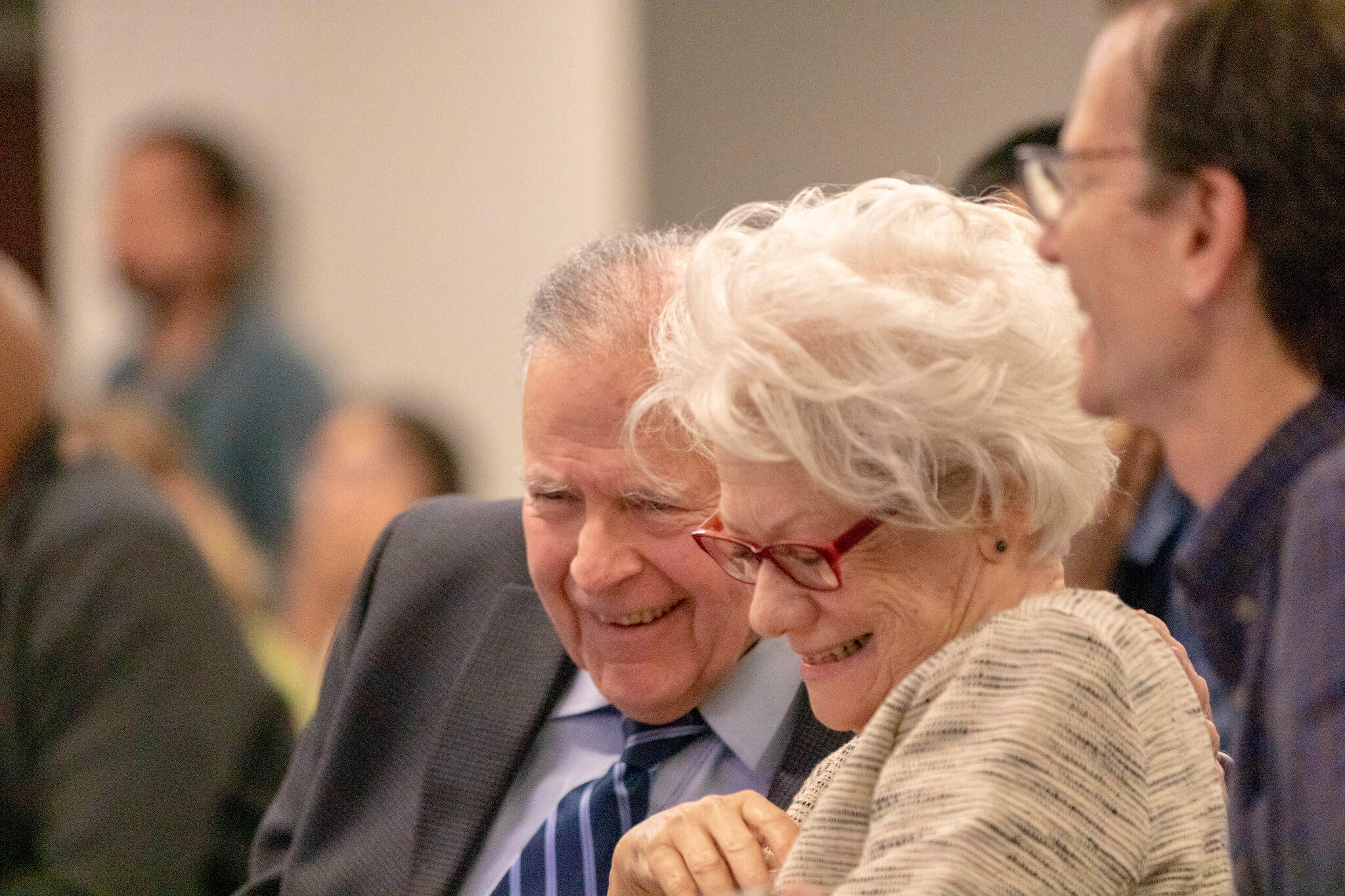
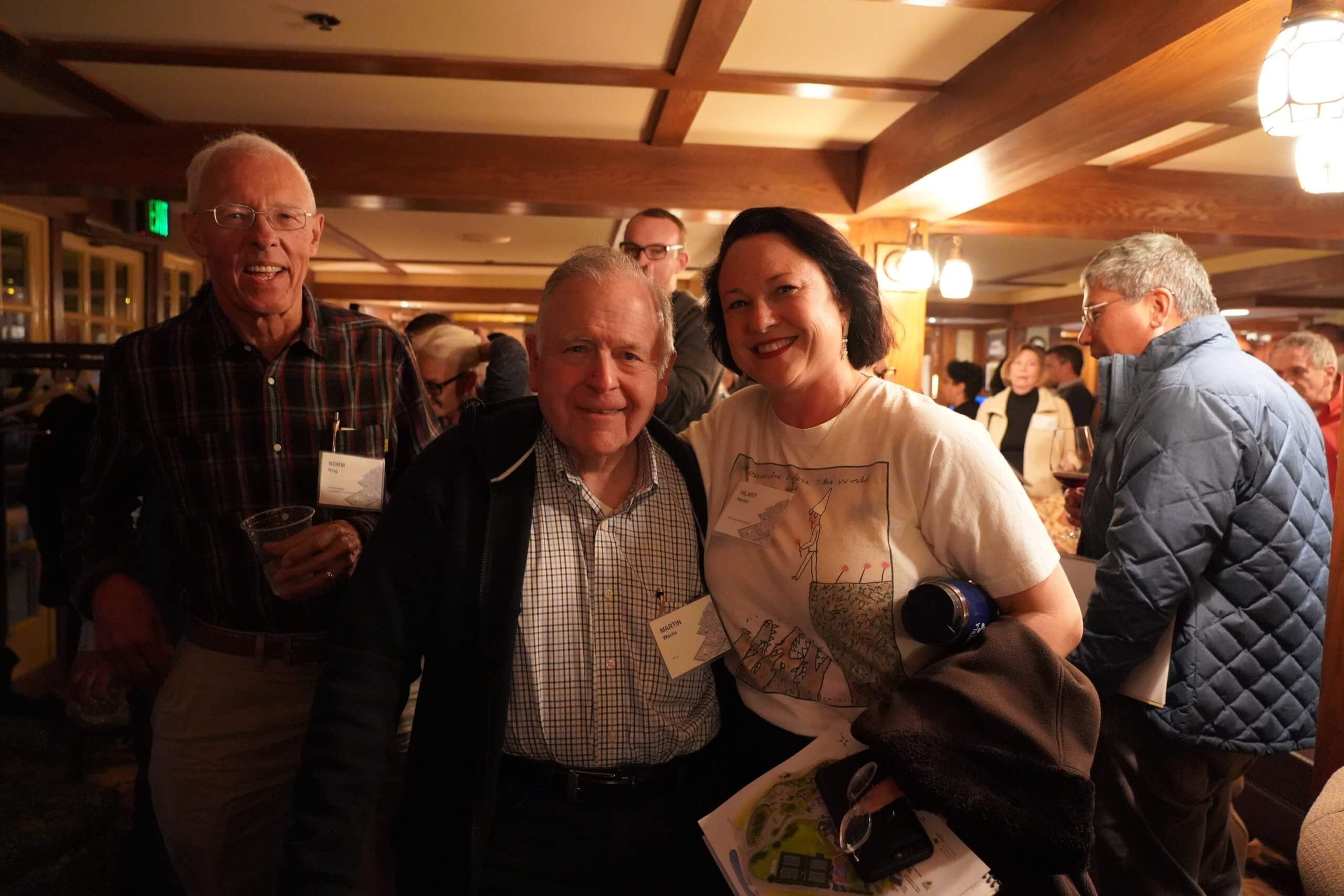
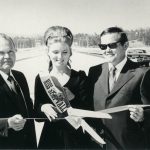



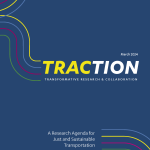
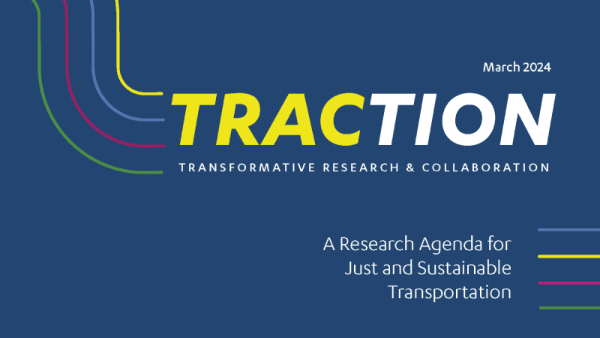
Marty had a profound influence on my career. He was a fantastic professor, who had a gift for explaining topics directly and without spin. His passion for transportation was unrivaled, and he served as an incredible example of someone who truly loved what they did. Marty was also one of the kindest people I ever met. It is painful to hear of his death, but I take comfort knowing there are hundreds of leaders in the transportation profession that will carry on the knowledge instilled by Marty for years to come.
It was a privilege to be his student in 1990-92. His commitment and passion were a source of inspiration.
You knew that he cared at all times. I have very fond memories form theory class to our group transportation project.
Dr. Wachs knew how to find solutions where solutions did not exists. He is well remembered and well loved. Truly, an honor to be
a past student of a remarkable teacher!
I felt a sharp pang just now, when I opened my email and saw news of Marty’s passing. He was one of my favorite professors, in the 1990-93 GSAUP era. What a dear man! Marty, as we all called him, gained the affection and deep respect of all the students that passed through the school. He was so accomplished, so intelligent, and incredibly accessible to the students. It was an honor to have him as a professor – his lectures were always captivating, whether they were focused on the futuristic advances we could expect to see (we are now seeing things he was forecasting in 1991), or on the more mundane aspects of transportation planning. Just last week, I was recalling with gratefulness the transportation scholarship he steered my direction – which paid a year’s grad school tuition. I had the urge to look him up, and to apologize for my mid-twenties cavalierness of sometimes entering class late, after refilling my huge cappuccino in the student commons. My studies with him gained me my first, very interesting job post-grad school, for which I am also grateful. He had a twinkle in his eye, was so dedicated to the education of us all, and was did not suffer fools. With appreciation and thanks… Rest in Peace, Marty.
Marty Wachs was my professor in 1978-1979 when I was in the MA Urban Planning program at UCLA. I still think of Marty each time I opt to take the slower but less crowded route suggested by Google maps instead of the fastest route. I remember Marty talking about studies that found people thought they got somewhere faster if the traffic was moving as opposed to sitting in gridlock. So true! Marty was a marvelous, memorable teacher and will be missed by many.
What sad news to receive – Marty was such a giant in his field of transportation – For all of us who learned so much from him. A heartfelt thank you for a
Life well lived. With condolences to his family and the greater UCLA and ITS extended family – as Marty made all of us feel like family.
Marty was my advisor for my MA in Urban Planning in 1994-96. His guidance helped me immensely and his example of what it means to be a mentor and advisor has always stayed with me. Marty’s focus on ethics and ethical practice remains an important concern of mine even as I have wandered away from Urban Planning into other fields. Several years ago, I invited Marty and his wife, Helen, to attend a UCLA Alumni Association “Dinner for 12 Strangers” that we have annually hosted in our home. It was an honor to host them in my home amid a table of graduate students from across UCLA. After the dinner, Helen sent me a thank you email to let me know what fun it was for them. I’m glad that my last memory of being together with Marty was a fun one. I offer my condolences to the family and to the UCLA community.
Marty was my advisor when I attended GSAUP from ’92 to ’94 (pre-Luskin). His work inspired me to apply to graduate school and I was devastated to learn that he was going on sabbatical to Occidental when I was to begin. The silver lining is that Betty Deakin stepped in for that year and Marty returned for my second year. He was such a kind and patient man but he was demanding, which paid off for me in the end. I am still a transportation planner to this day. The world is a better place because he walked among us. Much love to his family. He will live on in our memories.
I first saw Dr. Wachs name as a respected researcher on technical articles while I was in college in the 1970’s . It was great to get to meet him years later while he was still active in the profession. I remember how nervous I was presenting on the history of complete streets in front of him with an audience of historians only a few years ago. I was greatly relieved when he said “good job”.
I profoundly stunned by this news. I’ve known Marty for several decades and only spoke with him on Zoom a few weeks ago. He was a giant in his field and consequential to transportation policy in Southern California and beyond. Most importantly, he was a wonderfully nice man—a scholar and a gentleman. My condolences to Helen and their family,, friends and colleagues. Marty’s passing lives a huge void to all who knew him. May his memory be a blessing.
Zev Yaroslavsky
I took Marty’s course on Megaprojects four years ago during my time as a graduate student at UCLA Luskin. He pushed me and my classmates HARD to become better writers, researchers, and generally to be more critical when reviewing proposed infrastructure projects. May his memory be a blessing.